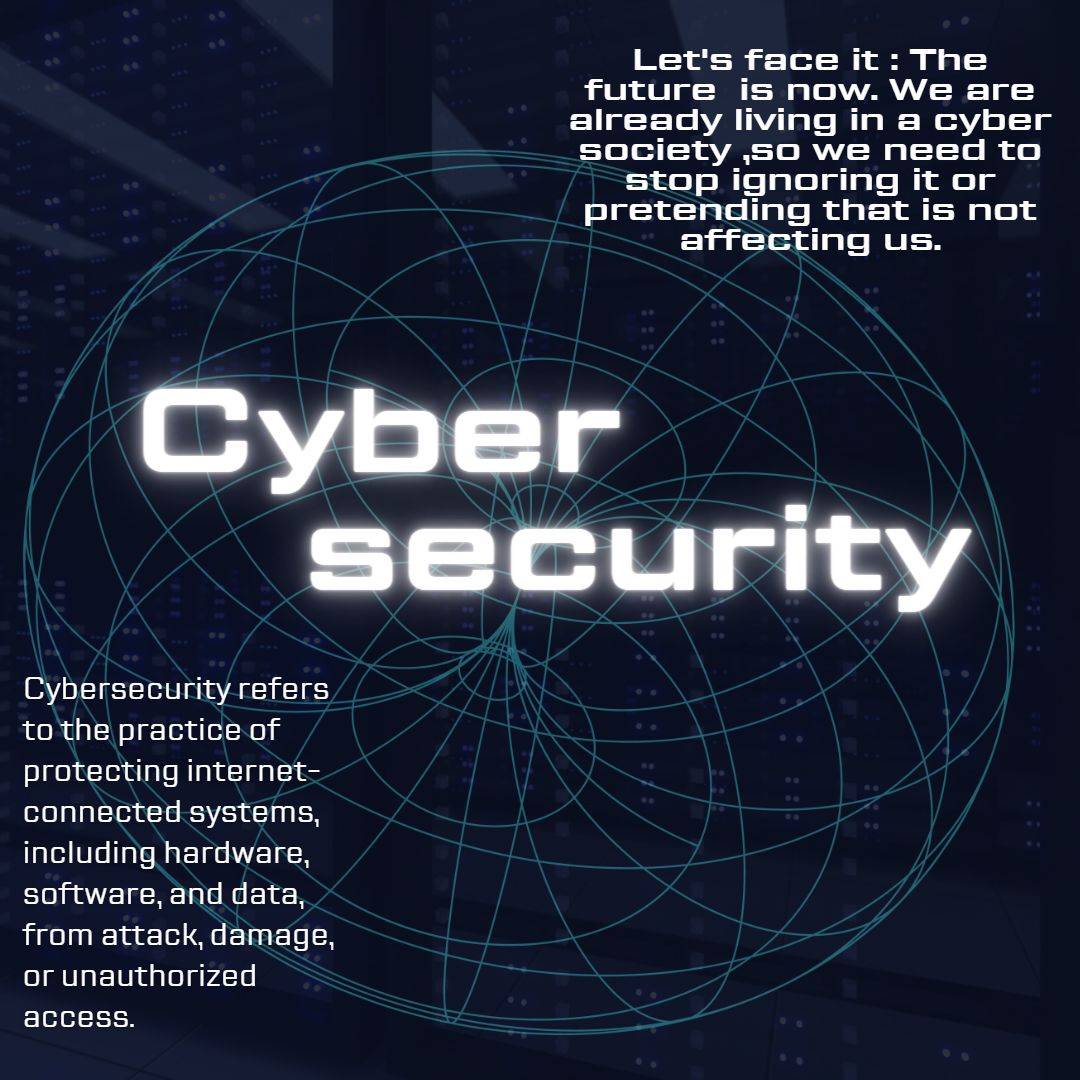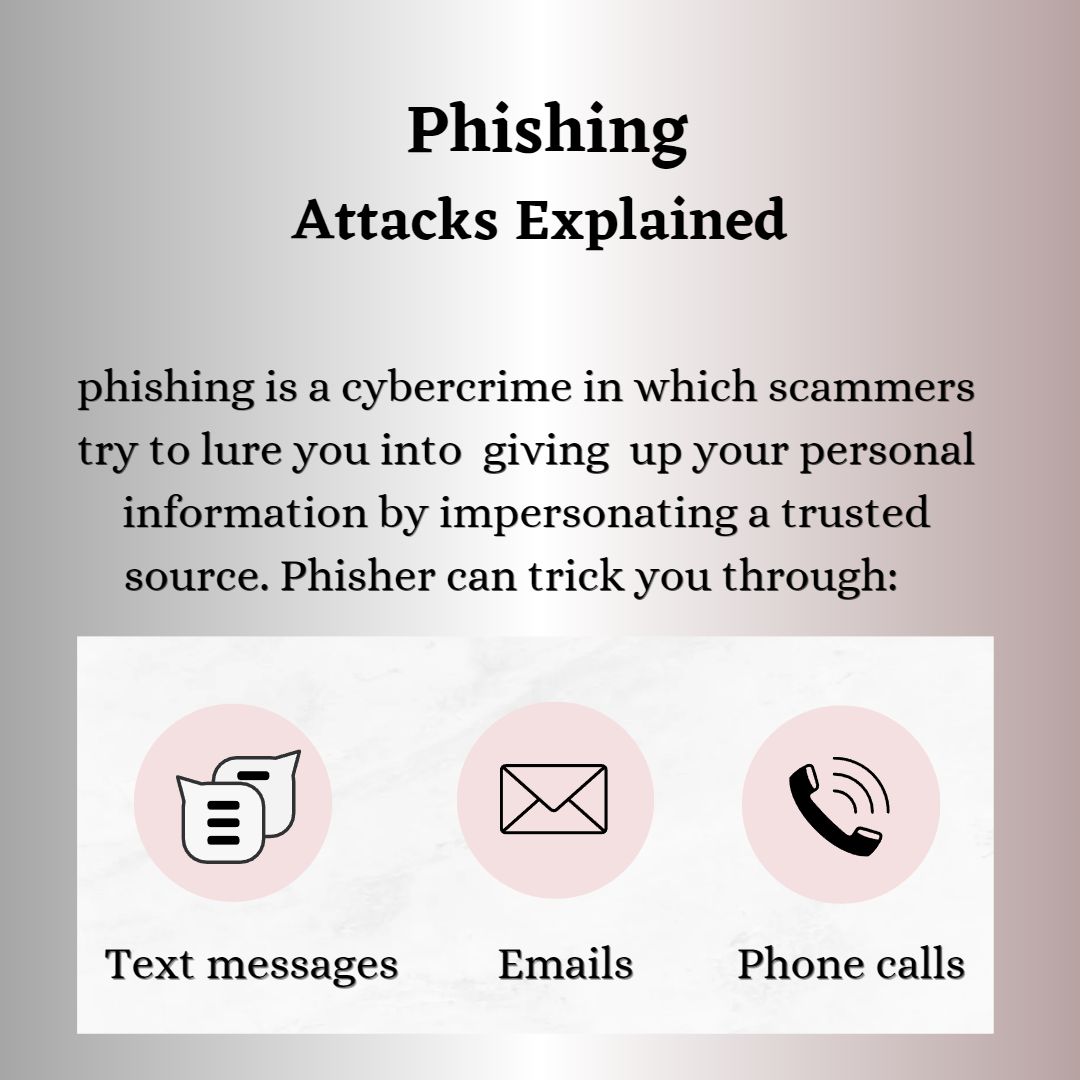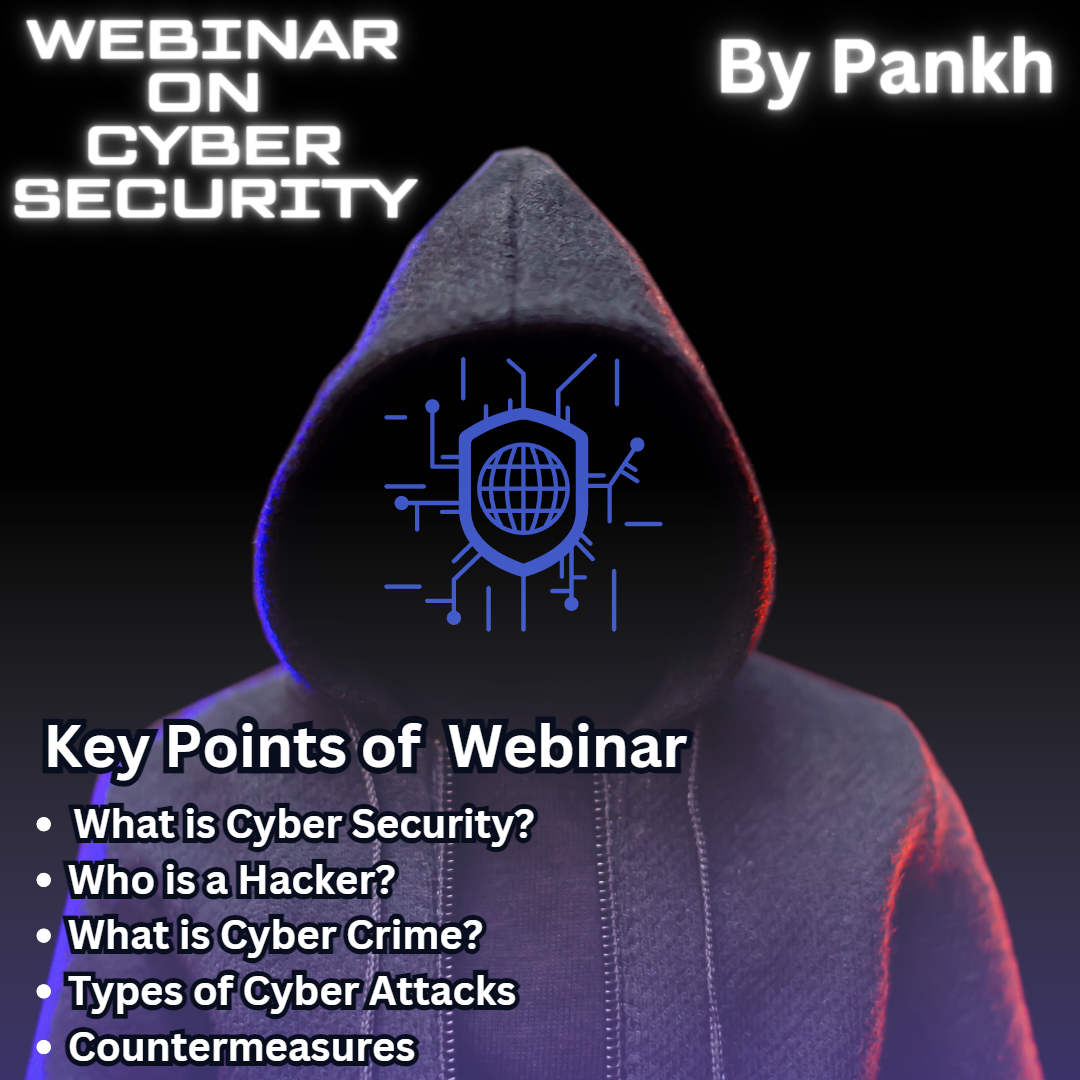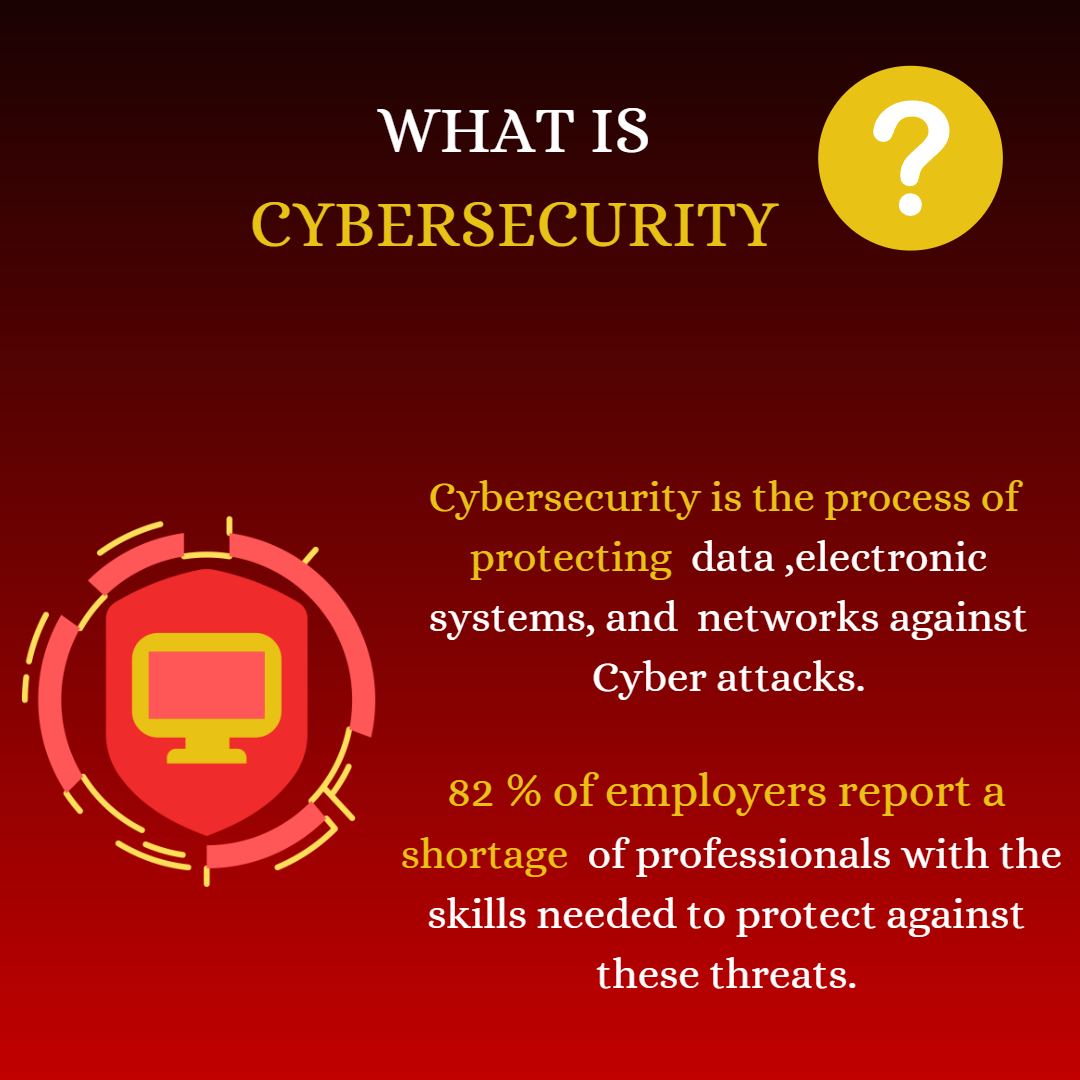Fake Police Calls
Fake police calls, also known as spoofed police calls, are fraudulent phone calls where scammers impersonate law enforcement officers to deceive individuals for financial gain or personal information. These calls can cause significant distress and financial loss. Here are key points about fake police calls and ways to prevent falling victim to them.
Fake police calls are a type of phone scam where criminals impersonate law enforcement officers to deceive and exploit individuals. These scammers use a variety of tactics to create a sense of urgency and fear, compelling victims to comply with their demands. Common scenarios include threats of immediate arrest, fines, or legal action for supposed crimes like unpaid taxes, missed jury duty, or other fabricated offenses. Scammers may even provide fake badge numbers, case numbers, or other details to make their story seem more convincing. The primary goal of these calls is to extract personal information, such as Social Security numbers or bank details, or to coerce the victim into making immediate payments through untraceable methods.
Technology Behind Fake Police Calls: Caller ID Spoofing
One of the main tools scammers use in fake police calls is caller ID spoofing, a technology that allows them to alter the information displayed on the victim’s phone. This makes it appear as though the call is coming from a legitimate police department, local government office, or even the victim’s own phone number. Caller ID spoofing is easily accessible through various online services and apps, making it a preferred method for fraudsters. The fake caller ID enhances the scam’s credibility, increasing the likelihood that the victim will believe the call is genuine. Because of this, even tech-savvy individuals can be deceived, underscoring the importance of skepticism when receiving unexpected calls.

Scammers are skilled at manipulating emotions, particularly fear and urgency, to cloud their victims’ judgment. They may assert that the victim is in immediate danger of arrest or legal trouble, leaving little time for them to think rationally. This high-pressure approach is designed to provoke panic, making the victim more likely to comply without questioning the legitimacy of the call. In some cases, the scammers may also play on the victim’s sense of civic duty, convincing them that cooperation is needed to resolve a serious issue. By invoking the authority of law enforcement, they exploit a natural inclination to respect and obey police officers, further increasing the chances of their success.
Common Tactics Used in Fake Police Calls
Fake police calls are a prevalent form of scam that relies on fear and urgency to manipulate victims into divulging personal information or making payments. Understanding the tactics used by these fraudsters can help individuals recognize and avoid falling victim to these deceptive schemes. Here are eight common tactics used in fake police calls:
Impersonation of Authorities: Scammers often pose as law enforcement officers, such as police, FBI agents, or other government officials. They may use specific titles, badge numbers, or case numbers to make the call seem more legitimate. The impersonation is intended to intimidate the victim into compliance.
Caller ID Spoofing: One of the most effective tools in a scammer’s arsenal is caller ID spoofing. This technology allows them to alter the phone number that appears on the recipient’s caller ID to match that of a legitimate police department or government agency. This tactic increases the perceived credibility of the call.
Urgent Threats and Intimidation: Scammers create a sense of urgency by threatening immediate consequences, such as arrest, deportation, or legal action, if the victim does not comply with their demands. This tactic exploits the natural fear of legal trouble and prompts quick, often irrational, responses from the victim.
Demand for Immediate Payment: To avoid the supposed legal repercussions, scammers often demand immediate payment. They typically request unconventional and untraceable payment methods, such as gift cards, wire transfers, or cryptocurrency. These methods ensure that once the payment is made, it cannot be recovered.
Learn more about how to protect your business and personal information from such scams through our cybersecurity consultancy services.
Request for Sensitive Information: In addition to or instead of payments, scammers may seek personal information such as Social Security numbers, bank account details, or credit card numbers. They may claim that this information is needed to resolve the legal issue, but in reality, it’s used for identity theft or further fraudulent activities.
For advice on safeguarding sensitive information, consider consulting with our cybersecurity experts.
Use of Recorded Messages: Some fake police calls use pre-recorded messages that claim to be from law enforcement. These messages often instruct the recipient to press a number to speak with an officer or to call back on a given number. This tactic allows scammers to reach a larger number of potential victims with minimal effort.
Persistence and Harassment: Scammers may repeatedly call the victim, using harassment and persistent threats to wear them down. They might also change their story or approach if they sense the victim is skeptical, continually adapting their tactics to maintain the deception.
For comprehensive strategies to protect against such persistent threats, explore our cybersecurity consultancy services.
Social Engineering Techniques: Scammers often use social engineering, manipulating victims by appealing to their emotions, fears, or sense of duty. They might claim that failing to comply could result in severe consequences, not just for the victim, but also for their family or business.
To better understand how social engineering works and how to protect against it, check out our resources on cybersecurity.
Psychological Manipulation Tactics
Scammers are skilled at manipulating emotions, particularly fear and urgency, to cloud their victims’ judgment. They may assert that the victim is in immediate danger of arrest or legal trouble, leaving little time for them to think rationally. This high-pressure approach is designed to provoke panic, making the victim more likely to comply without questioning the legitimacy of the call. In some cases, the scammers may also play on the victim’s sense of civic duty, convincing them that cooperation is needed to resolve a serious issue. By invoking the authority of law enforcement, they exploit a natural inclination to respect and obey police officers, further increasing the chances of their success.
The impact of falling victim to fake police calls can be devastating, both financially and emotionally. Victims often lose significant amounts of money, which is usually demanded through irreversible payment methods like gift cards, wire transfers, or cryptocurrencies. Beyond the financial loss, the psychological toll can be equally severe. Victims may experience stress, anxiety, and a loss of trust in legitimate authorities. For some, the sense of violation from being deceived in such a personal and threatening manner can have long-lasting effects. Additionally, if sensitive information is divulged, victims may also face identity theft, leading to further financial and legal complications.

Targeted Victims:
Fake police calls are designed to exploit various vulnerabilities in individuals, making certain groups more susceptible to these scams. Understanding who is most at risk can help in taking preventive measures and spreading awareness to protect those who are most vulnerable. Here are ten key points about the targeted victims of fake police calls:
Elderly Individuals: Seniors are frequently targeted by fake police calls because they are often more trusting and less familiar with modern scam tactics. They may also be less likely to report the scam due to embarrassment or fear. Scammers exploit their lack of awareness about new technologies, making it essential for them to have robust protections in place.
To safeguard elderly family members, consider our cybersecurity consultancy services, which include educational resources and protective measures tailored to this demographic.
Immigrants and Non-Native Speakers: Scammers often target immigrants, particularly those who may be unfamiliar with local laws or afraid of legal repercussions due to their residency status. By posing as law enforcement or immigration officers, scammers use threats of deportation or legal trouble to extract money or personal information.
Our cybersecurity experts offer guidance specifically designed for protecting immigrants and non-native speakers from such targeted scams.
Individuals with Limited Legal Knowledge: People who do not have a strong understanding of the legal system are more likely to believe that law enforcement would contact them by phone with demands for payment. This lack of knowledge makes them more vulnerable to the tactics used in fake police calls.
Our consultancy services provide education and resources to help individuals recognize and respond appropriately to such fraudulent calls.
Young Adults and College Students: Young adults, especially those living independently for the first time, are targeted because they may not fully understand how law enforcement operates. Scammers may use threats of academic or financial consequences to manipulate them.
Business Owners and Professionals: Scammers also target business owners, presenting fake calls as urgent matters related to taxes, permits, or regulatory compliance. The fear of legal complications or fines can push business owners to comply quickly without verifying the authenticity of the call.
To protect your business from these scams, explore our cybersecurity services, which include strategies to secure your communication channels against fraud.
Low-Income Individuals: Scammers target low-income individuals by preying on their financial anxieties. They may use threats related to unpaid bills, fines, or legal fees, creating a sense of urgency that prompts quick action without verification.
Victims of Previous Data Breaches: Individuals whose personal information has been compromised in past data breaches are more likely to be targeted in fake police calls. Scammers use this data to create convincing narratives, making their threats seem more legitimate.
If you’ve been affected by a data breach, our cybersecurity consultancy can help you take steps to protect your information and reduce the risk of further exploitation.
People with Disabilities: Individuals with disabilities may be targeted because scammers perceive them as easier to manipulate or less likely to seek help. They often use tactics that exploit the victim’s specific vulnerabilities, making them feel isolated or unable to avoid the situation.
New Residents in a Community: People who have recently moved to a new area may be unfamiliar with the local law enforcement processes and are therefore more susceptible to fake police calls. Scammers take advantage of their lack of local knowledge to establish credibility.
Professionals in High-Stress Jobs: Individuals in high-stress or demanding jobs, such as healthcare workers or corporate executives, may be targeted because they have less time to scrutinize the legitimacy of a call. Scammers rely on the fact that these individuals may act quickly to resolve what appears to be a pressing issue.
Psychological Manipulation
Fake police calls rely heavily on psychological manipulation to coerce victims into complying with scammers’ demands. By exploiting emotions like fear, confusion, and urgency, scammers increase the likelihood of their success. Here are six key tactics of psychological manipulation used in fake police calls:
Creating a Sense of Urgency and Fear: One of the primary tactics scammers use is to instill a sense of immediate threat or urgency. They often claim that the victim is facing imminent arrest, legal action, or severe fines if they do not act quickly. This high-pressure approach is designed to bypass the victim’s critical thinking and push them into making hasty decisions without verifying the caller’s legitimacy.
Protect yourself from such tactics with our cybersecurity consultancy services, which include training on recognizing and resisting manipulative scams.
Authority and Credibility Exploitation: Scammers impersonate law enforcement officers or government officials to leverage the inherent authority these roles hold. By doing so, they exploit the natural human tendency to comply with perceived authority figures. They might use official-sounding language, provide fake badge numbers, or reference fabricated case files to make their demands appear credible.
Learn more about how to identify and verify the legitimacy of such calls through our expert cybersecurity guidance.
Playing on Guilt and Obligation: Scammers may attempt to make victims feel guilty or responsible for an alleged crime or mistake, such as unpaid taxes or a missed court appearance. By framing the situation as a serious legal oversight on the victim’s part, they exploit feelings of guilt or duty to rectify the situation immediately, prompting compliance.
Our cybersecurity consultancy provides insights into common social engineering tactics and how to resist them effectively.
Isolation and Intimidation: Scammers often instruct victims not to speak to anyone else about the call, claiming it is a confidential or ongoing investigation. This isolation tactic prevents victims from seeking advice or verification, increasing their reliance on the scammer’s guidance. Intimidation is also used, with threats of additional charges or increased penalties if the victim does not comply promptly.
For strategies on dealing with such intimidation tactics, explore our cybersecurity services, which include support for managing fraud and harassment.
Exploiting Trust in Technology: Many victims inherently trust caller ID, phone numbers, and other aspects of telecommunication technology. Scammers exploit this trust by using caller ID spoofing and other technological manipulations to make the call appear legitimate. This tactic reinforces the scammer’s narrative, making it harder for the victim to question the authenticity of the call.
Stay ahead of these technological manipulations with the help of our cybersecurity consultancy, offering tailored solutions to protect against spoofing and other fraudulent activities.
Repeated Contact and Persistence: Scammers often use repeated calls to wear down their victims. This persistence can overwhelm the victim, making them more likely to comply just to end the harassment. By continually pressing the urgency and seriousness of the situation, scammers aim to exhaust the victim’s resistance and prompt quick compliance.
To learn more about defending against persistent scam calls, consider our comprehensive cybersecurity services, which include tools and strategies for mitigating ongoing threats.
Recognizing Fake Police Calls
Recognizing fake police calls is crucial in protecting yourself from falling victim to scams that impersonate law enforcement. Scammers often use fear, urgency, and intimidation to trick victims into providing personal information or making payments. Here are eight key points to help you identify and avoid fake police calls:
Unsolicited Calls Claiming Urgent Legal Issues: Real law enforcement agencies do not initiate contact over the phone to discuss legal matters, demand payments, or threaten immediate arrest. If you receive a call from someone claiming to be a police officer discussing urgent legal issues without prior written communication, it’s likely a scam.
Protect yourself from unsolicited calls by consulting our cybersecurity consultancy services, which offer guidance on identifying and handling fraudulent communications.
Requests for Immediate Payment: A common red flag is a demand for immediate payment over the phone, especially via unconventional methods such as gift cards, wire transfers, or cryptocurrency. Legitimate police departments do not accept or request payment for fines or bail over the phone.
To understand more about secure payment methods and fraud prevention, visit our cybersecurity resources.
Threats of Arrest or Legal Action: Scammers often use threats of arrest, deportation, or legal action to create a sense of panic. These threats are designed to pressure victims into compliance without taking time to verify the legitimacy of the call. Real police officers will not threaten immediate legal action without prior notice or due process.
For more tips on dealing with threatening calls, explore our cybersecurity consultancy services, which include training on handling scam calls effectively.
Caller ID Spoofing: Just because a call appears to be from a local police department or a government agency does not mean it is legitimate. Scammers use caller ID spoofing to make their numbers look official. Always verify by independently contacting the organization through a known, official phone number.
Learn more about caller ID spoofing and how to protect yourself from it through our cybersecurity consultancy.
Requests for Personal Information: Be wary if the caller asks for sensitive personal information, such as Social Security numbers, bank account details, or passwords. Legitimate law enforcement will not request this information over the phone. Scammers use these details for identity theft or further fraud.
Our cybersecurity services can help you learn to safeguard your personal information against unauthorized access.
High-Pressure Tactics: Scammers use high-pressure tactics to prevent you from thinking critically about the call. They may insist that you need to act immediately and may try to keep you on the phone for extended periods. Genuine law enforcement officers will not rush you or prevent you from seeking legal advice.
For advice on resisting high-pressure tactics, consult our cybersecurity experts, who can provide training on recognizing and responding to such scams.
Instructions to Stay Silent or Isolated: If the caller instructs you not to speak to anyone else or to keep the matter confidential, it’s a major warning sign. Scammers do this to isolate you and prevent you from seeking help or verifying the information. Law enforcement would not instruct you to hide communications regarding legal matters from trusted individuals or advisors.
Official Contact Channels: Authentic law enforcement communication will typically involve official channels such as written notices, in-person visits, or calls from verifiable numbers that you can independently confirm. Always cross-check any communication that seems suspicious by contacting the agency directly using publicly available contact information.
For more strategies on verifying communications, visit our cybersecurity consultancy service
Legal Implications
- Making fake police calls is illegal and can lead to severe penalties, including fines and imprisonment.
- Victims should report such calls to local law enforcement or the appropriate fraud prevention agencies.
How to Handle a Suspicious Call
- If you receive a suspicious call, do not engage with the caller. Hang up immediately and verify the legitimacy of the call by contacting the official number of the local police department.
- Never provide personal or financial information over the phone, especially if the call seems suspicious.
Prevention Tips for Fake Police Calls
Preventing fake police calls requires a proactive approach to identifying and managing scam attempts. By following these tips, you can protect yourself and your loved ones from falling victim to such fraud. Here are four key prevention tips:
Verify Caller Identity Independently: If you receive a call from someone claiming to be a police officer or government official, do not rely solely on the information provided during the call. Hang up and contact the agency directly using an official number found on their website or from other reliable sources. Do not use any phone numbers given by the caller, as they may be part of the scam.
For more strategies on verifying caller identities, check out our cybersecurity consultancy services, which offer detailed guidance on handling suspicious communications.
Never Provide Personal Information Over the Phone: Legitimate law enforcement agencies will not ask for personal information, such as Social Security numbers, banking details, or passwords, over the phone. If a caller requests sensitive information, it’s a strong indication of a scam. Always keep your personal details private and secure.
Learn more about protecting your personal data from scams with our cybersecurity services, where we provide tailored advice on information security.
Use Call Blocking and Screening Tools: Take advantage of call blocking and screening tools available on most smartphones and through your service provider. These tools can help identify and block known scam numbers, reducing the risk of receiving fraudulent calls. Additionally, consider using apps specifically designed to identify potential scam calls.
For recommendations on the best tools and apps to prevent scam calls, explore our cybersecurity consultancy, which includes comprehensive support for enhancing your phone security.
Stay Informed and Spread Awareness: One of the best defenses against fake police calls is staying informed about common scam tactics and sharing that information with others, especially those who might be more vulnerable, such as elderly family members or non-native speakers. The more people know about these scams, the less effective they become.
Our cybersecurity consultancy services include educational resources and workshops to help communities recognize and prevent various types of scams.
Raising Awareness
Raising awareness about fake police calls is crucial in preventing these scams from victimizing more people. By educating yourself and others, you can help reduce the effectiveness of these fraudulent schemes. Here are seven key points on how to raise awareness about fake police calls:
Share Information Through Community Outreach: Organize or participate in community outreach events, such as seminars, workshops, or neighborhood meetings, to educate people about fake police calls. These events can provide valuable information on how to recognize and respond to scam calls.
For assistance in organizing cybersecurity awareness sessions, explore our cybersecurity consultancy services, which offer expert-led workshops on fraud prevention.
Use Social Media to Spread the Word: Social media platforms are powerful tools for spreading information quickly. Share tips, articles, and updates about fake police calls on your social media accounts. Encourage others to do the same to reach a broader audience and keep more people informed.
Follow our cybersecurity consultancy on social media for regular updates and tips on protecting yourself from various scams, including fake police calls.
Educate Vulnerable Groups: Focus on educating groups that are more vulnerable to scams, such as the elderly, immigrants, and young adults. Provide them with easy-to-understand information and practical steps they can take if they receive a suspicious call. Tailored education can greatly enhance their ability to recognize and avoid scams.
Our cybersecurity services include tailored training programs designed to protect vulnerable groups from targeted scams like fake police calls.
Collaborate with Local Law Enforcement: Partner with local law enforcement agencies to disseminate accurate information about how they contact citizens and what procedures they follow. Law enforcement can help clarify that they do not demand payments or sensitive information over the phone, which can reinforce your message.
For collaborative initiatives with law enforcement, consider consulting our cybersecurity experts, who can provide guidance on effective partnership strategies.
Distribute Informational Materials: Create and distribute flyers, brochures, and posters that outline common signs of fake police calls and provide tips on what to do if someone receives one. Place these materials in public spaces such as libraries, community centers, and coffee shops where they can reach a wide audience.
Access printable resources and detailed guides through our cybersecurity consultancy services to help educate your community about scam prevention.
Promote Reporting of Scam Calls: Encourage people to report fake police calls to local authorities and organizations like the Federal Trade Commission (FTC). Reporting helps track the prevalence of these scams and can assist in law enforcement efforts to shut them down. The more people report, the better the chances of reducing the impact of these calls.
Learn more about how to report and track scam calls with our cybersecurity consultancy, which provides insights into official reporting channels and procedures.
Host Online Webinars and Live Sessions: Online webinars and live sessions can be an effective way to reach a broad audience, especially in the digital age. Host webinars that focus on recognizing and preventing fake police calls, and invite experts to share their knowledge on the topic.
Preventing Fake Police Calls: Key Strategies
Fake police calls are a growing concern, but by employing the right strategies, you can effectively protect yourself and others from these scams. Here are ten key strategies for preventing fake police calls, along with links to our organization, where you can get expert help and guidance on cybersecurity and protection from cybercrime:
Educate Yourself and Others: Knowledge is the first line of defense against scams. Stay informed about the common tactics used in fake police calls and share this information with family, friends, and colleagues. The more people are aware of these scams, the less effective they become.
For detailed guides and training on recognizing fake police calls, explore our cybersecurity consultancy services.
Verify Caller Information Independently: Always verify the legitimacy of the caller by contacting the agency directly using a known, official number. Do not trust the phone number displayed on your caller ID, as scammers can easily spoof numbers to appear legitimate.
Need help verifying suspicious calls? Contact our cybersecurity experts for advice on safe verification practices.
Never Share Personal or Financial Information: Legitimate police officers will never ask for sensitive information such as your Social Security number, bank account details, or passwords over the phone. If someone requests this information, it’s a clear sign of a scam.
Protect your personal data with the help of our cybersecurity consultancy, where we offer services to secure your information against unauthorized access.
Use Call Blocking and Filtering Tools: Utilize call blocking and filtering tools available on smartphones and through your service provider to reduce the chances of receiving scam calls. These tools can help identify and block known scam numbers, making your phone less accessible to scammers.
Learn about the best call-blocking tools from our cybersecurity consultancy services, which provide personalized recommendations to enhance your phone security.
Report Scam Calls to Authorities: Reporting fake police calls to local law enforcement and agencies like the Federal Trade Commission (FTC) helps track these scams and prevents others from becoming victims. Reporting also supports law enforcement efforts to combat these fraudulent activities.
For guidance on reporting scams, visit our cybersecurity consultancy, where we offer step-by-step instructions on how to report and track scam calls.
Be Skeptical of Unsolicited Calls: If you receive an unsolicited call claiming to be from law enforcement, be skeptical. Law enforcement agencies typically do not make unexpected calls demanding payment or personal information. Always take time to verify any claims made during unsolicited calls.
For expert tips on handling unsolicited calls, reach out to our cybersecurity consultancy services.
Educate Vulnerable Groups: Ensure that vulnerable groups, such as the elderly, non-native speakers, and young adults, are educated about the risks of fake police calls. Provide them with easy-to-understand resources and guidance on how to handle such situations.
Our cybersecurity consultancy offers tailored training programs for vulnerable groups to protect them from targeted scams.
Trust Your Instincts: If something feels off about a call, trust your instincts. Hang up and verify the information independently. Scammers rely on confusion and intimidation to succeed, so taking a step back to assess the situation can prevent you from falling victim.
Get personalized advice on responding to suspicious calls by contacting our cybersecurity experts.
Set Up Alerts and Notifications: Set up alerts and notifications on your phone and accounts to monitor for unusual activity. This can help you quickly identify if your personal information has been compromised or if an unauthorized transaction has occurred.
For assistance with setting up security alerts, explore our cybersecurity consultancy services, which include comprehensive support for monitoring and protecting your accounts.
Seek Professional Help: If you’re unsure how to handle a suspicious call or if you’ve already been targeted by a scam, seek professional help immediately. Cybersecurity experts can provide guidance on what steps to take next and how to secure your information.
Contact our cybersecurity consultancy for immediate assistance and expert advice on protecting yourself from fake police calls and other cybercrimes.
Fake police calls are a prevalent form of scam that fraudulently impersonates law enforcement to exploit individuals. These scams often involve callers pretending to be police officers or other authority figures, using various tactics to deceive victims. The primary goal of these scams is to induce fear and urgency, prompting victims to disclose personal information or make payments under duress. Recognizing and understanding these tactics is crucial in protecting oneself from falling victim to such fraud.
Scammers employ a range of tactics to make their fake calls appear credible. They often use caller ID spoofing to disguise their number as one belonging to a legitimate police department. This technique can trick victims into believing the call is genuine, especially if they see a familiar number or area code. Additionally, scammers may use official-sounding language, case numbers, or badge numbers to further their deception, making their claims seem more authoritative and convincing.
The psychological manipulation used in fake police calls is designed to create a sense of urgency and fear. Scammers might threaten immediate arrest, legal action, or severe penalties if the victim does not comply with their demands. This pressure tactics exploit the natural fear of legal trouble, pushing victims to act quickly without verifying the legitimacy of the call. Such manipulation can lead individuals to make hasty decisions, including sharing personal information or making payments.
Certain groups are more vulnerable to fake police calls due to their specific circumstances. Elderly individuals, immigrants, and those with limited legal knowledge are often targeted because they may be less familiar with scam tactics or more susceptible to fear-based manipulation. Scammers take advantage of these vulnerabilities, using tailored approaches to exploit their fears and uncertainties.
Preventing fake police calls involves several key strategies. First, it is essential to verify the identity of any caller claiming to be a police officer by contacting the agency directly using a known, official number. Additionally, never share personal or financial information over the phone unless you are certain of the caller’s legitimacy. Using call blocking tools and reporting suspicious calls to authorities can also help mitigate the risk of falling victim to such scams.
Raising awareness about fake police calls is critical in reducing their effectiveness. Community outreach, social media campaigns, and educational programs can help inform individuals about the signs of fake police calls and the steps to take if they receive one. By spreading knowledge and providing practical advice, communities can collectively enhance their defenses against these fraudulent schemes.
For those seeking further protection and guidance, professional cybersecurity services are available to help manage and prevent such scams. Consulting with cybersecurity experts can provide valuable insights into identifying and handling fraudulent calls, as well as implementing security measures to safeguard personal information. These services play a crucial role in enhancing overall security and preventing the impact of fake police calls and other cybercrimes.
















